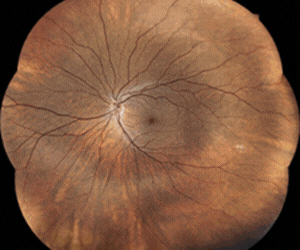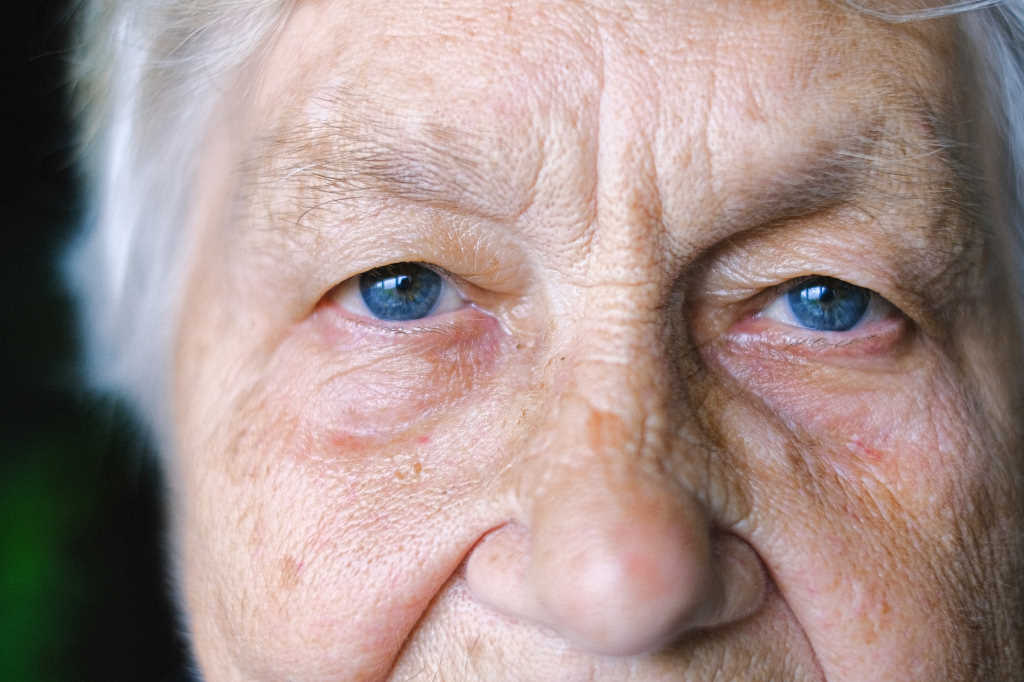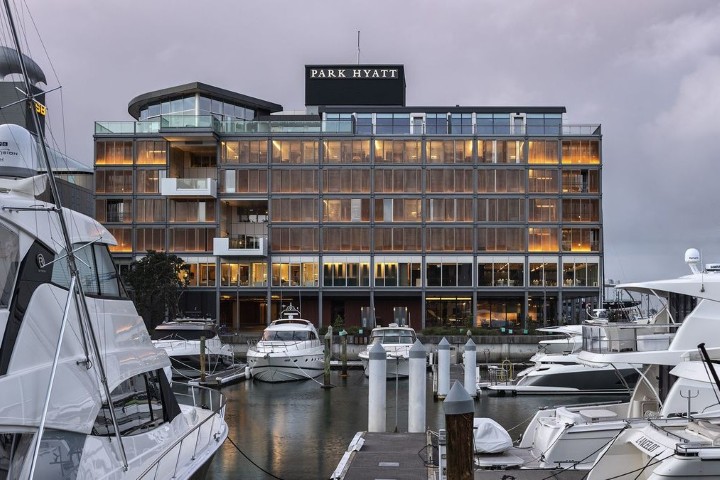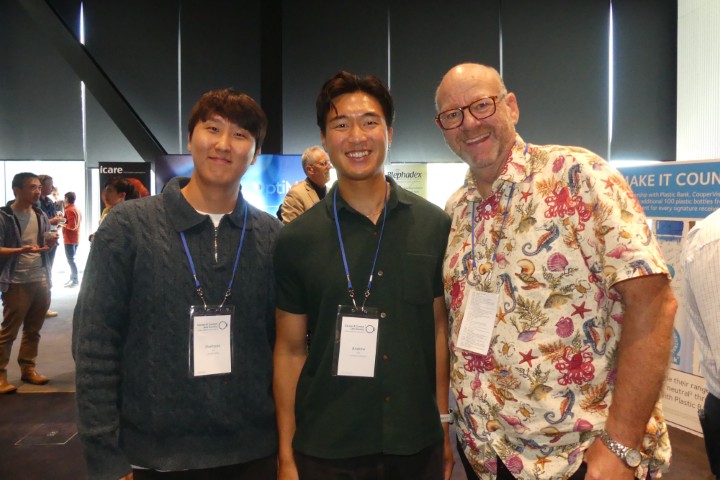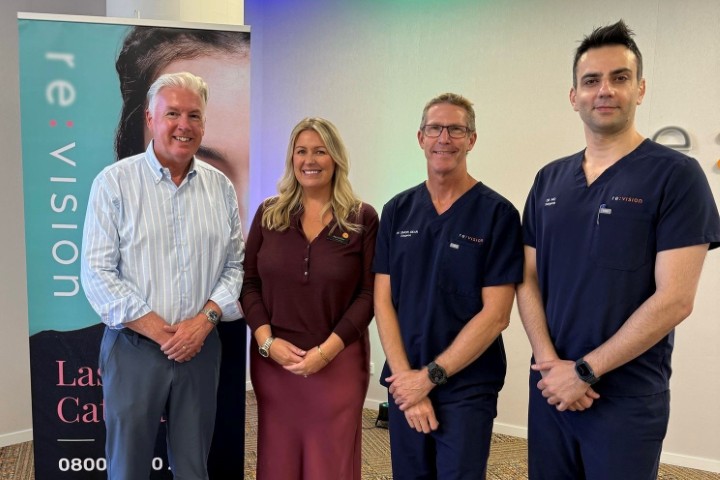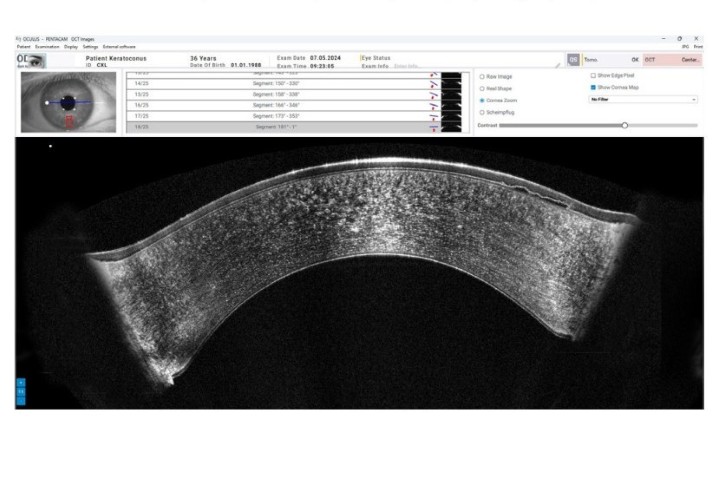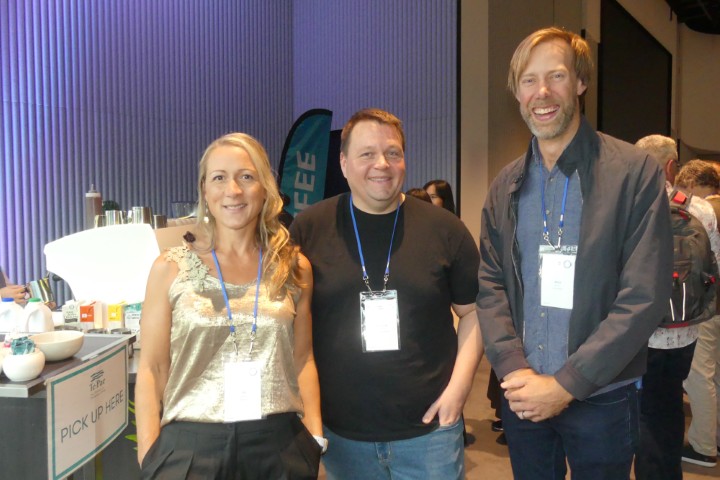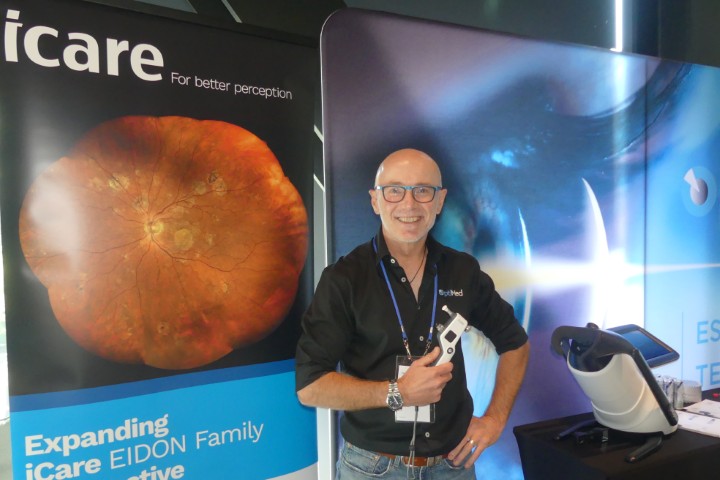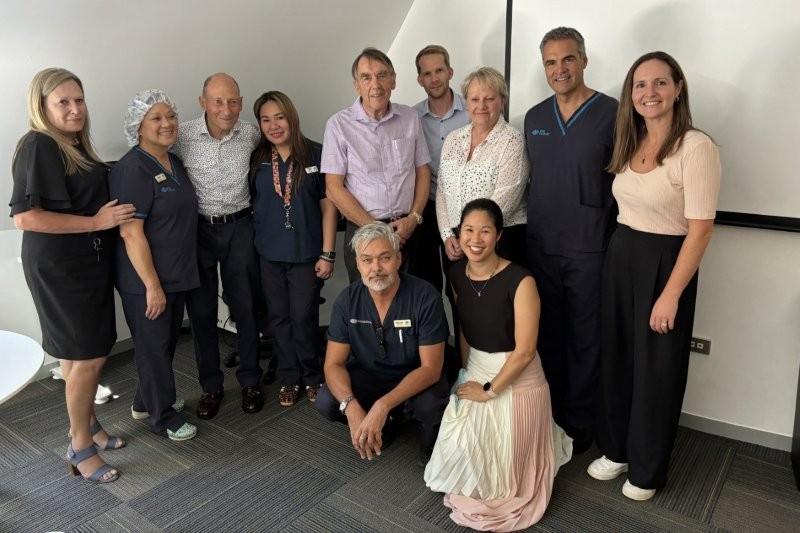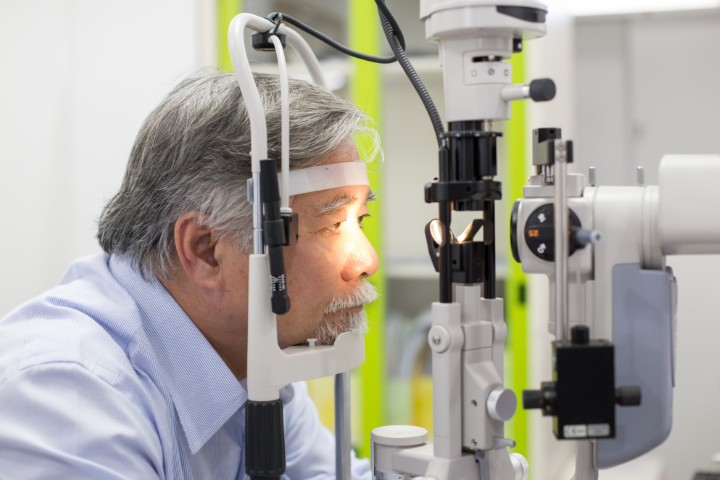First homegrown AACG demographic study
A New Zealand first-population-based acute angle-closure glaucoma (AACG) study found age, female gender and Caucasian ethnicity to be important demographic parameters of AACG. The study was led by Auckland University medical student Blair Lowry, supported by his 2019 Glaucoma New Zealand (GNZ) Gordon Sanderson Scholarship.
Although rare, AACG is a medical emergency requiring rapid identification and management to prevent blindness when it occurs, said Lowry, but there’s minimal literature on it, likely due to its low incidence (0.6% for those greater than 40 years of age). “So, we decided to carry out a population-based study investigating important demographic parameters that might help identify which groups are more susceptible to an acute angle closure crisis.”
The study included 65 AACG cases from Greenlane Clinical Centre (2018 and 2019) and recorded age, sex, ethnicity and family history of glaucoma. AACG mostly affected those over 40, with the mean age being 63 years old. Women had higher representation than men (60% vs 40%, respectively), consistent with the literature. Caucasian individuals made up a significant proportion (47% of cases), followed by Asian individuals (30%), due to a genetic predisposition to narrower angles. The data also showed Pasifika to be over-represented (14%) when compared to its proportion of the New Zealand population (8.1%, 2018 census). Of the AACG cases, 9% were Māori, which is lower than the reported 16.5% of Māori within the New Zealand population. A link between family history of glaucoma and AACG could not be established as the data was limited by the under-reporting of family history of cases, said Lowry, noting that existing literature had established a link between family history and AACG.
Lowry said he hopes to revisit the study and include AACG presentations to Greenlane’s acute eye clinic in 2020 and 2021. “A re-visit would help the study results to have greater significance and gain a better representation of this population.”
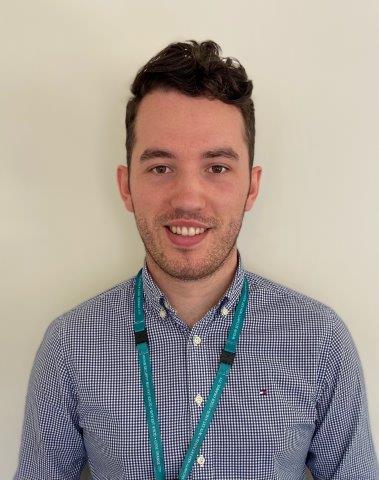
Blair Lowry
Thanking GNZ chair Professor Helen Danesh-Meyer, his supervisor Dr Hussain Patel and the Gordon Sanderson Scholarship committee for their support, he said the scholarship study had stimulated his interest in research and made him more passionate about pursuing a career in both academia and clinical medicine.






